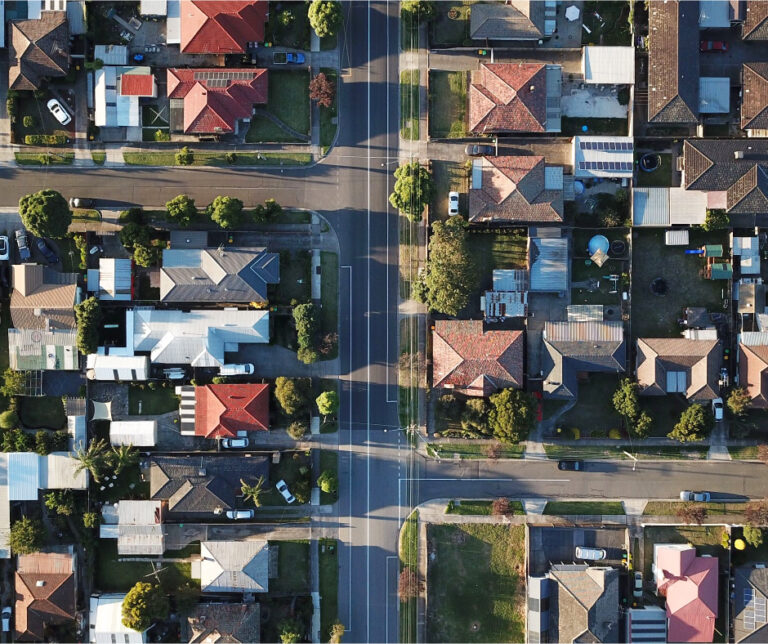High-Cost Mortgage Explained For Borrowers and Homeowners
In this guide, we will cover the high-cost mortgage for a homebuyer when it comes to getting a mortgage loan. High-Cost Mortgage is part of mortgage regulations. Lenders who violate High-Cost Mortgage rules can get fined and sometimes even get their mortgage licenses revoked. Mortgage regulators implemented and launched high-cost mortgage rules and regulations to protect consumers.
It turns out that it often does not protect the consumer and ends up hurting consumers. This holds especially with mortgage loan borrowers with smaller loan amounts. Once again, there was good intent when creating this new rule. Unfortunately, as is typically the case, the legislators are out to help those they perceive in society to need the most protection. Instead of helping, they have hurt this population segment the most.
High-cost mortgage regulations kill deals and do not help borrowers. Those FHA borrowers purchasing less expensive homes with smaller loan amounts are being victimized by this High-Cost Mortgage regulation. In this article, we will discuss and cover the high-cost mortgage for borrowers and homeowners.
What Is a High-Cost Mortgage?
What happens is FHA Mortgage Insurance Premium and other fees and costs associated with FHA Home Loans that are calculated in the Annual Percentage Rate or APR affect smaller balanced mortgage loans much more drastically than larger balance mortgage loans.
High-cost mortgage affects homebuyers of smaller homes with lower mortgage loan amount. What high-cost mortgage means is the borrowers fees including upfront FHA mortgage insurance premium cannot exceed a 5% percent cost threshold.
This makes it harder for a $68,000 FHA purchase to pass a lender’s high-cost test than a $220,000 purchase. It makes the smaller FHA loan less cost-efficient and economically impossible for a mortgage company to originate and keep the lights. The same amount of time, effort, and labor costs are associated with a $68,000 loan as a $220,000 FHA mortgage loan.
How FHA Upfront MIP Affects High-Cost Mortgage Rules
HUD, the parent of FHA, has an upfront Mortgage Insurance cost of 1.75% of the loan amount. Unfortunately, this is calculated into the annual percentage rate when it should be exempt. This would greatly alleviate the problem. The title insurance closing fee is not typically cost-controlled by the buyer. In approximately 20 states, the seller’s attorney issues the title insurance policy.
Regulators have not exempt the Upfront FHA Mortgage Insurance Premium from the 5% high-cost threshold. Right off the bat, 1.75% of the 5% high-cost mortgage threshold gets eaten up by the hefty 1.75% Upfront FHA MIP.
The closing fee averages about $1,000 in the Chicago area, $1000 in the New Jersey area, and $1200 in the Boston area. In non-attorney title states, this fee tends to be lower. But once again, it should not be included in the mortgage loan APR calculation. This is because, for the most part, it is not under the control of the lender or the borrower and can’t be shopped for.
How Does High-Cost Mortgage Work?
In a “nutshell” here is how it works: This regulation was established by Regulation Z and went into effect on October 1, 2009. It is based on the Average Prime Offering Rate on the date the interest rate is locked. A mortgage Annual Percentage Rate or APR cannot exceed 1.5% of this index. The Average Prime Offering Rate is published weekly by the Federal Financial Institutions Council (FFIEC) and is available (Click the highlighted link).
As mentioned many times in this guide on a high-cost mortgage, the borrowers who get hurt are the smaller loan-size borrowers. Because of high-cost mortgage, many homebuyers cannot qualify or get close on their home loan because their small size mortgage loan violates the costs of the home closing surpassing the 5% high-cost mortgage threshold.
The High-Cost Mortgage thing, or do-dad, or whatever we should call it, could be a good policy with just a couple of really easy changes. However, the fact these modifications to the law that causes discrimination and redlining are so easy to fix leads me to believe nothing will be done about it. For the most part, most of the big lenders and Banks like $200,000 loan amounts better than $50,000 loan amounts.








